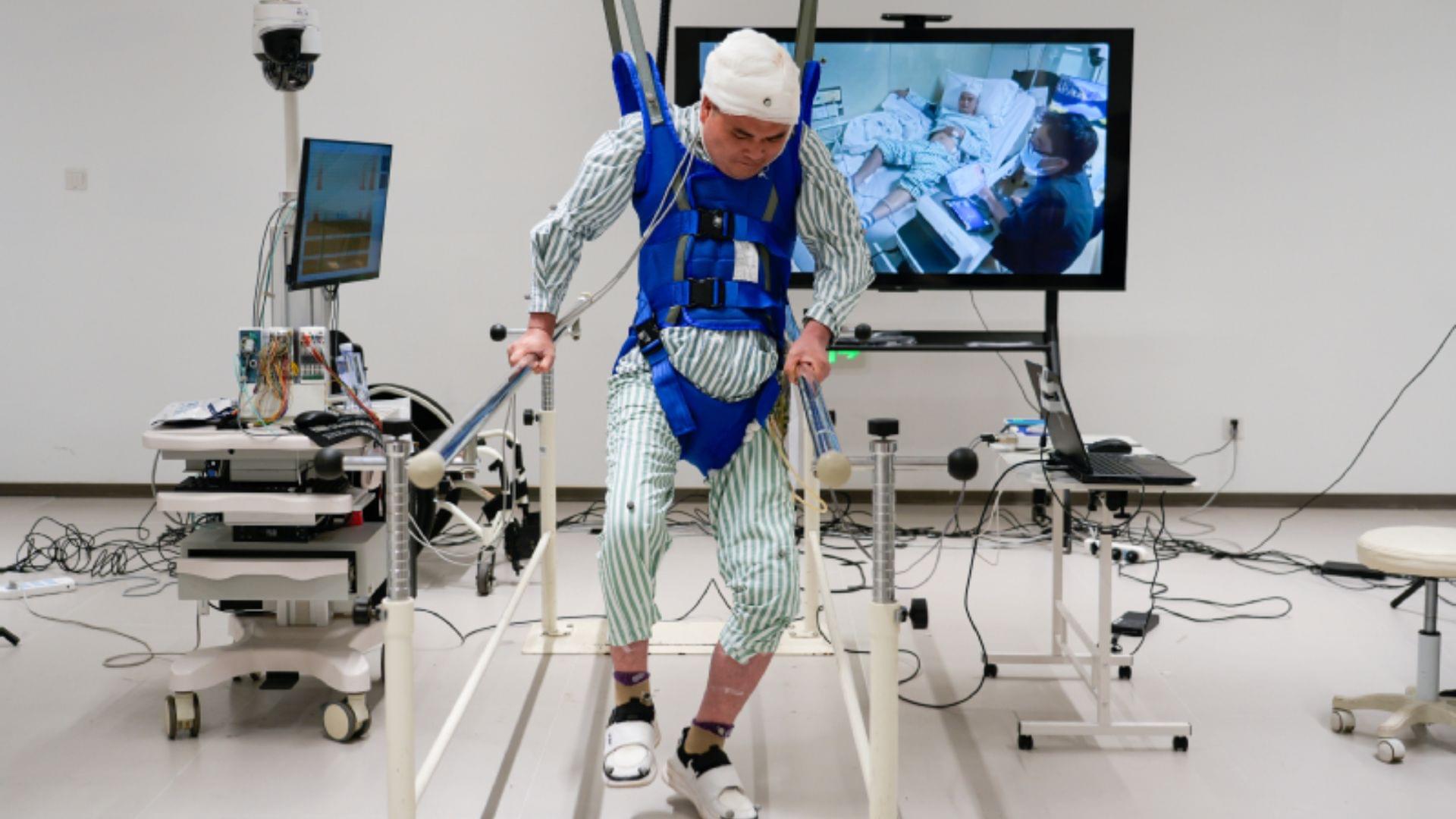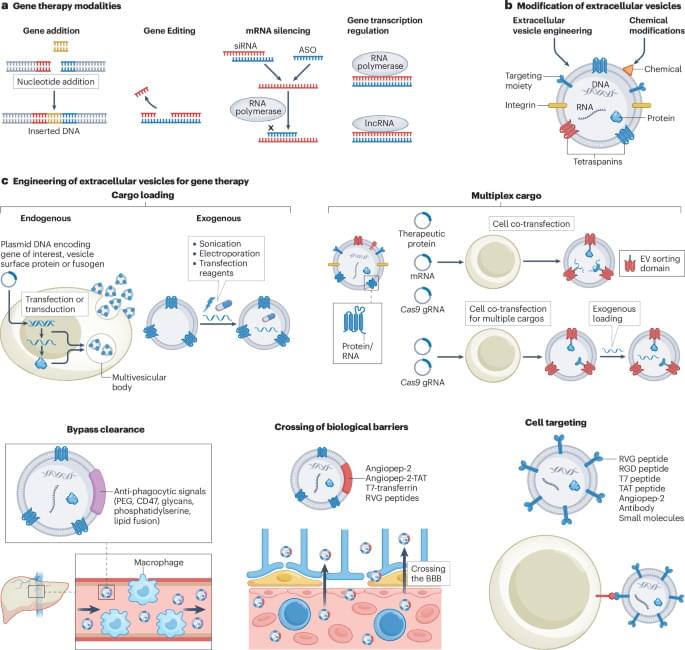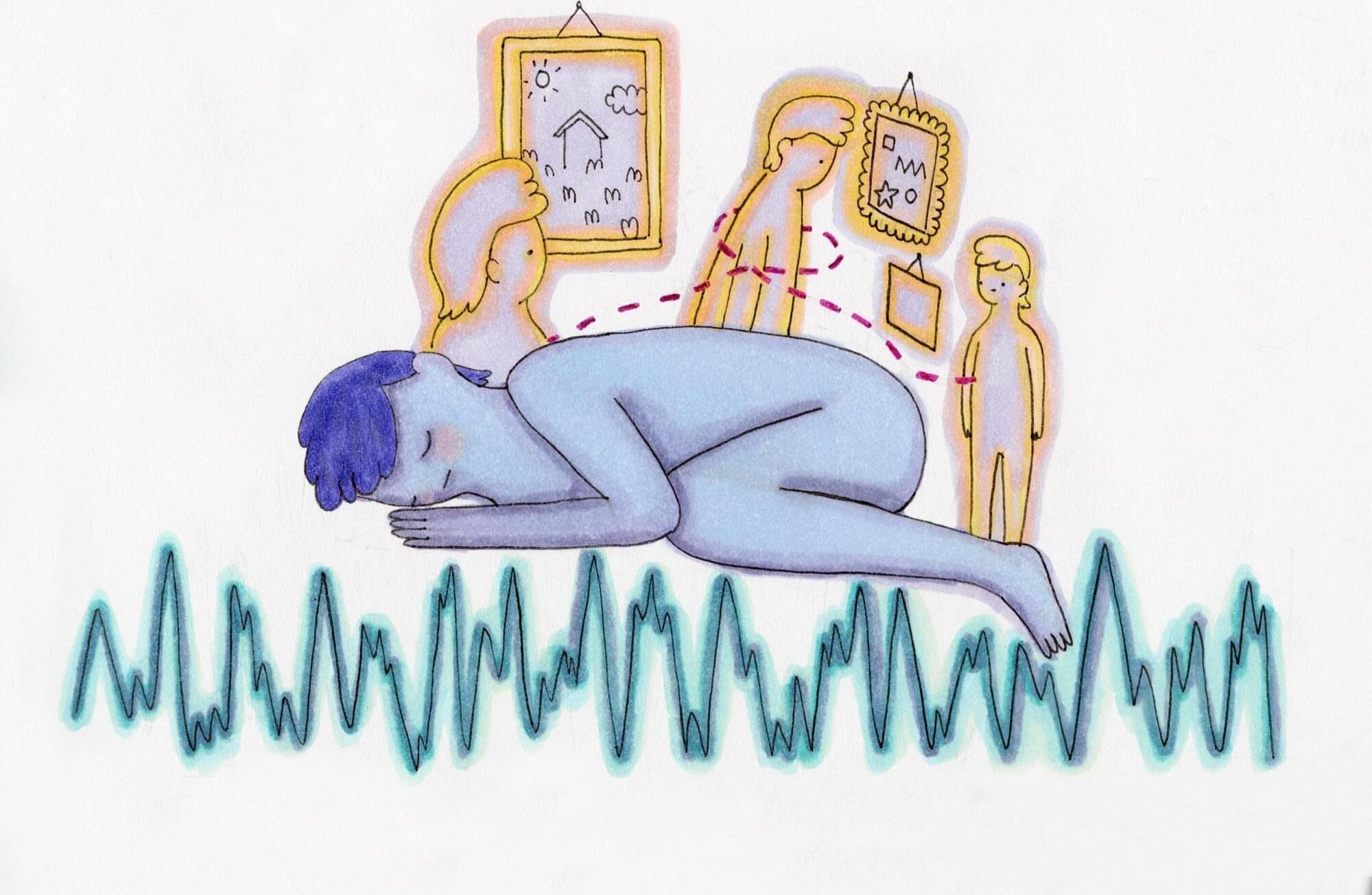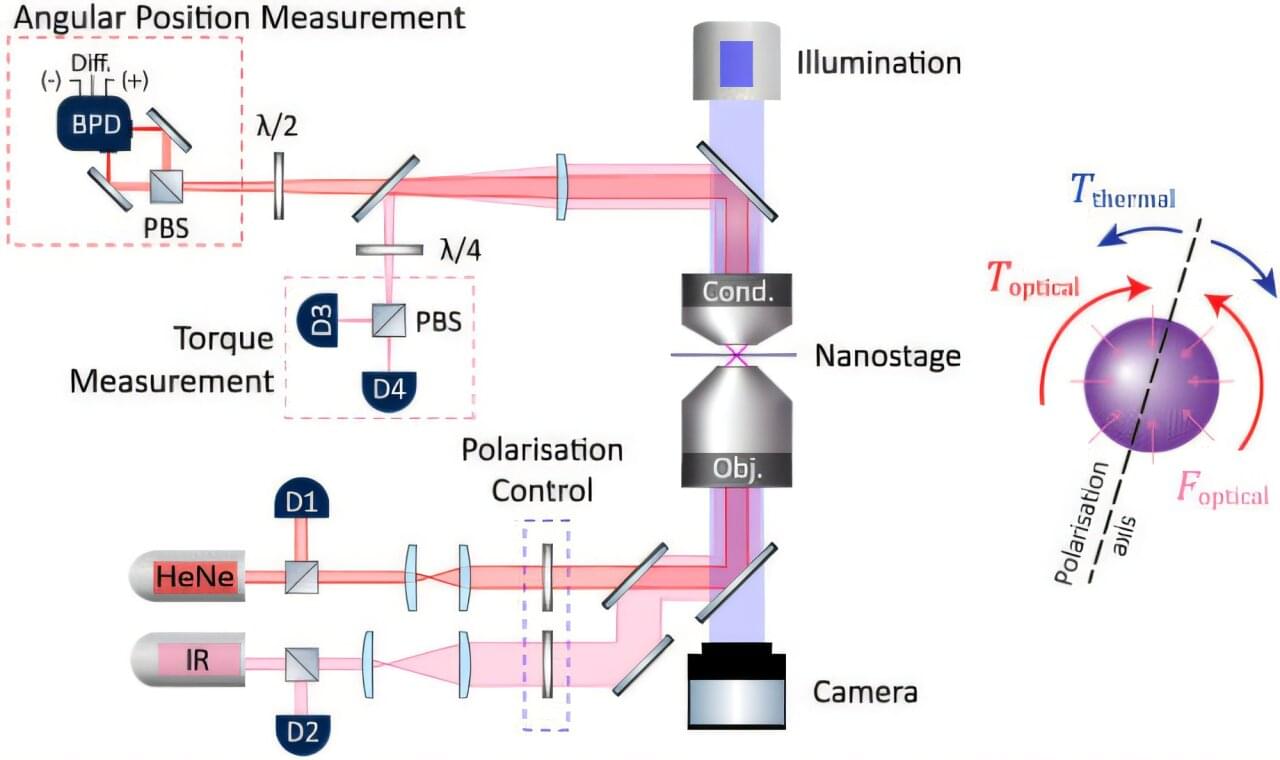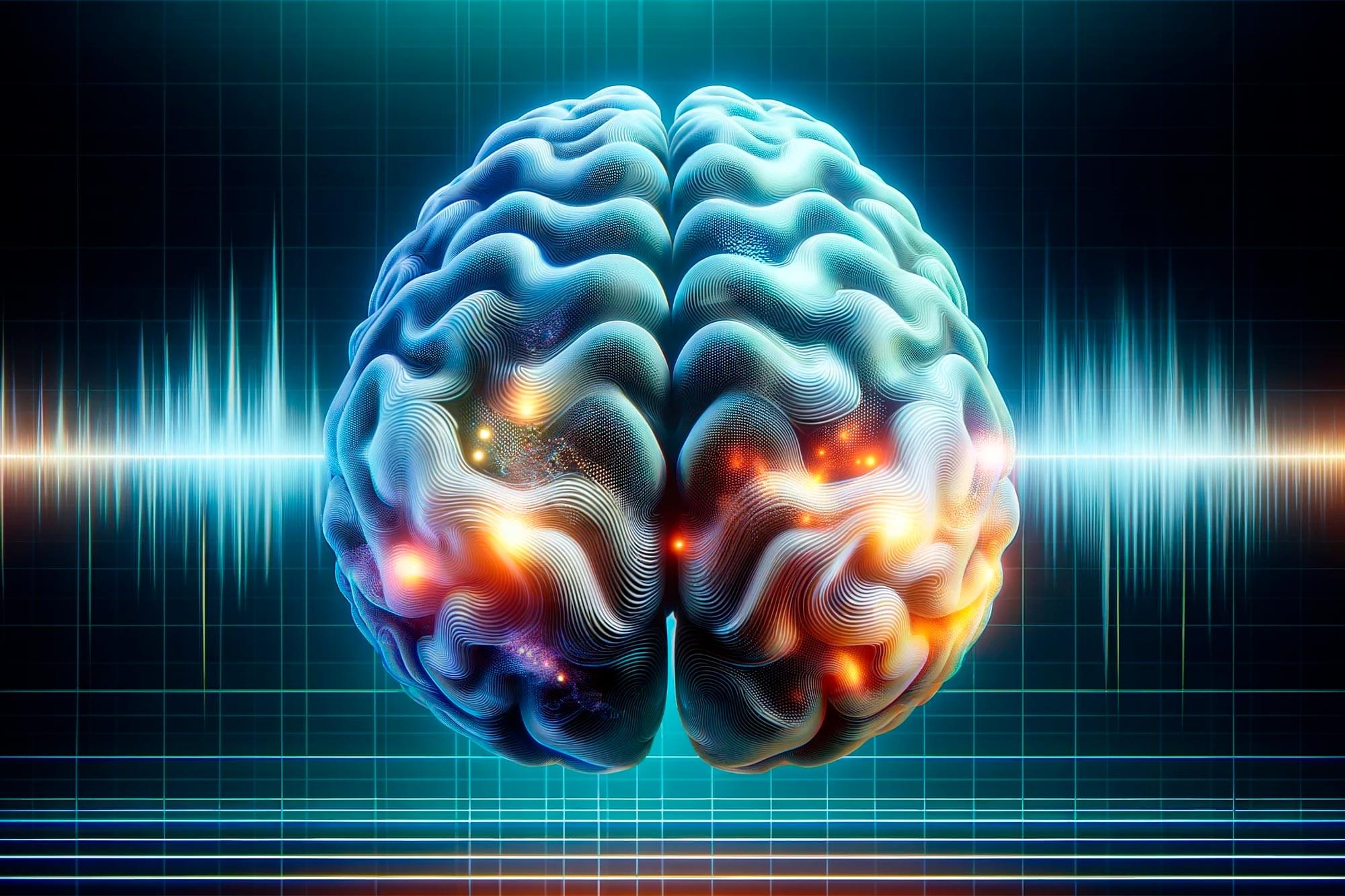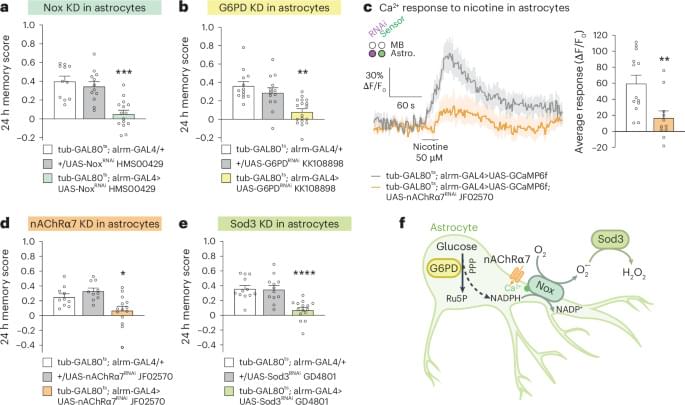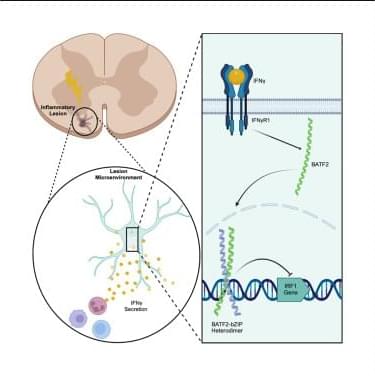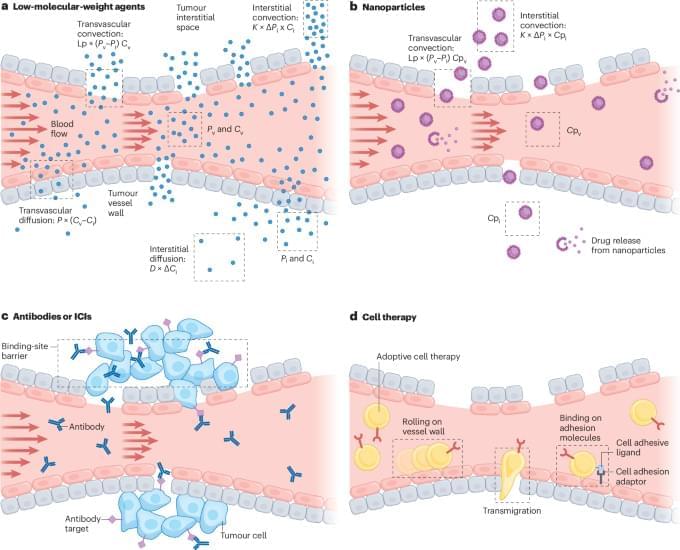Artificial intelligence in various forms has been used in medicine for decades — but not like this. Experts predict that the adoption of large language models will reshape medicine. Some compare the potential impact with the decoding of the human genome, even the rise of the internet. The impact is expected to show up in doctor-patient interactions, physicians’ paperwork load, hospital and physician practice administration, medical research, and medical education.
Most of these effects are likely to be positive, increasing efficiency, reducing mistakes, easing the nationwide crunch in primary care, bringing data to bear more fully on decision-making, reducing administrative burdens, and creating space for longer, deeper person-to-person interactions.

